A safari adventure guarantees memorable encounters with wildlife in their natural habitat. However, it also requires attentive safety and etiquette. Whether you go to the plains of Serengeti or venture through the game reserves of South Africa, some specific behaviors can degrade your experience and endanger you and other visitors.
The guide highlights key mistakes to avoid in your safari journey. Remember that an enjoyable safari adventure often depends more on what one doesn’t do than on what he does.
Bright Clothing Choices

Wearing bright colors such as red or white will scare off animals and make you too visible in the wild. Earth tones will camouflage you with the environment and allow you to see wildlife without disturbing them.
Your choice of clothing can greatly affect the quality of animal sightings. Pack khaki, olive, or brown clothing that matches the natural surroundings of the African bush.
Noise Control

Making loud noises, playing music, or shouting to get animals’ attention disrupts their natural behavior and can stress them unnecessarily. Animals rely on their keen sense of hearing for survival, and human-generated noise can interfere with their daily routines.
Respect the natural soundscape of the wilderness. Even whispered conversations should be kept to a minimum during critical wildlife viewing moments.
Like Travel Pug’s content? Follow us on MSN.
Vehicle Safety
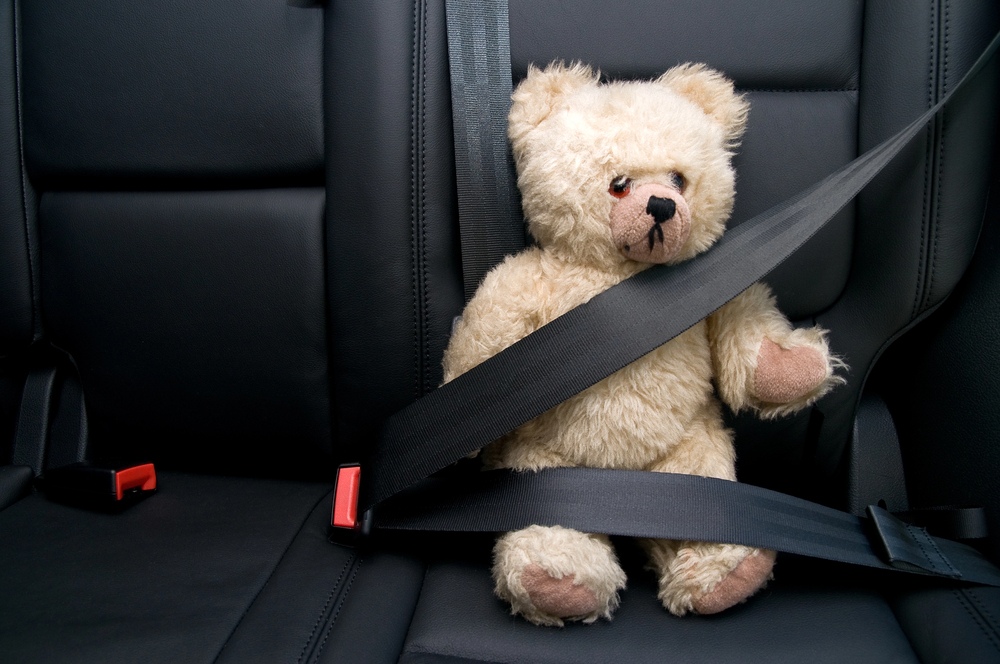
Hanging from a vehicle window or standing up with the sunroof exposed you to extreme danger, regardless of how distant your animals seem. Wildlife moves extremely fast and erratically.
Remain sitting, and keep all limbs and body parts inside the vehicle unless your guide advises otherwise. Remember that safari vehicles are designed to provide maximum viewing from a safe barrier between you and the wildlife.
Photography Etiquette

Flash photography can shock and disorient animals, causing them to become defensive or aggressive. The bright lights can also disrupt their natural behavior patterns and night vision.
For wildlife photography, use natural lighting and appropriate camera settings. Before your trip, consider investing in a camera with good low-light capabilities.
Feeding Wildlife

Offering food to wild animals alters their natural foraging behavior and can make them dependent on human handouts. This practice can lead to aggressive behavior and increase human-wildlife conflict.
Let animals find their food as nature intended. Even seemingly harmless food items can cause serious health issues for wildlife.
Like Travel Pug’s content? Follow us on MSN.
Guide Instructions
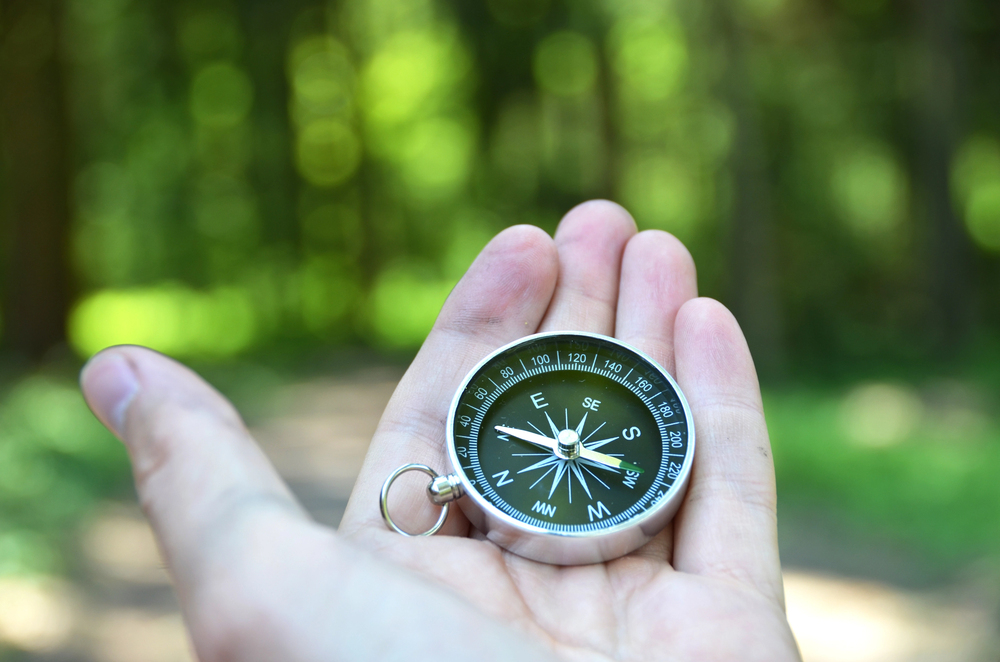
In the wild, ignoring a safari guide’s instructions or straying away can have grave implications. Professional guides know the ways of animals and safety measures. Their experience and knowledge are necessary to ensure safety for all of them.
Most guides have spent decades learning how to read animal behavior and the intricate dynamics of wildlife interaction.
Distance Maintenance

Getting too close to animals for better photos or views puts you and the wildlife at unnecessary risk. Animals need personal space and may feel threatened if you encroach upon it.
Maintain safe distances as specified by your guide. Remember that different species have different minimum distance requirements based on their behavior and temperament.
Timing Expectations

Rushing from one location to another in hopes of seeing more animals reduces your chances of meaningful wildlife encounters. Nature operates on its schedule, and patience is essential.
Allow time for authentic wildlife experiences to unfold. The most memorable sightings often come when you least expect them, rewarding those who practice patience.
Like Travel Pug’s content? Follow us on MSN.
Equipment Preparedness
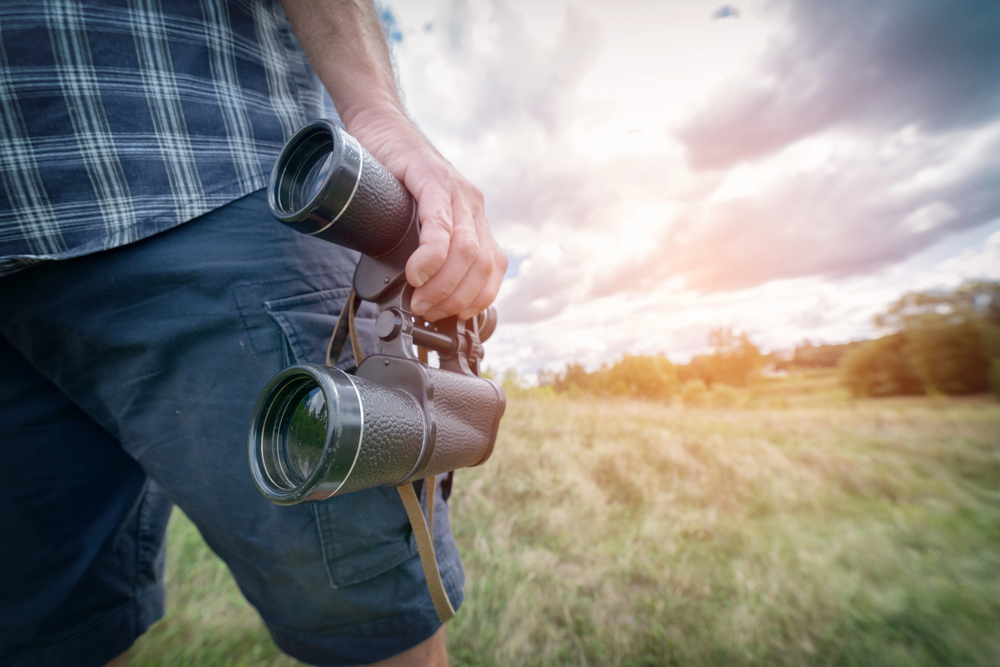
Forgetting essential gear like binoculars, appropriate clothing, or camera equipment can significantly impact your safari experience. The African wilderness demands proper preparation.
Pack carefully and check your equipment before departing. Create a comprehensive checklist months before your trip to ensure you have time to acquire any missing items.
Wildlife Respect
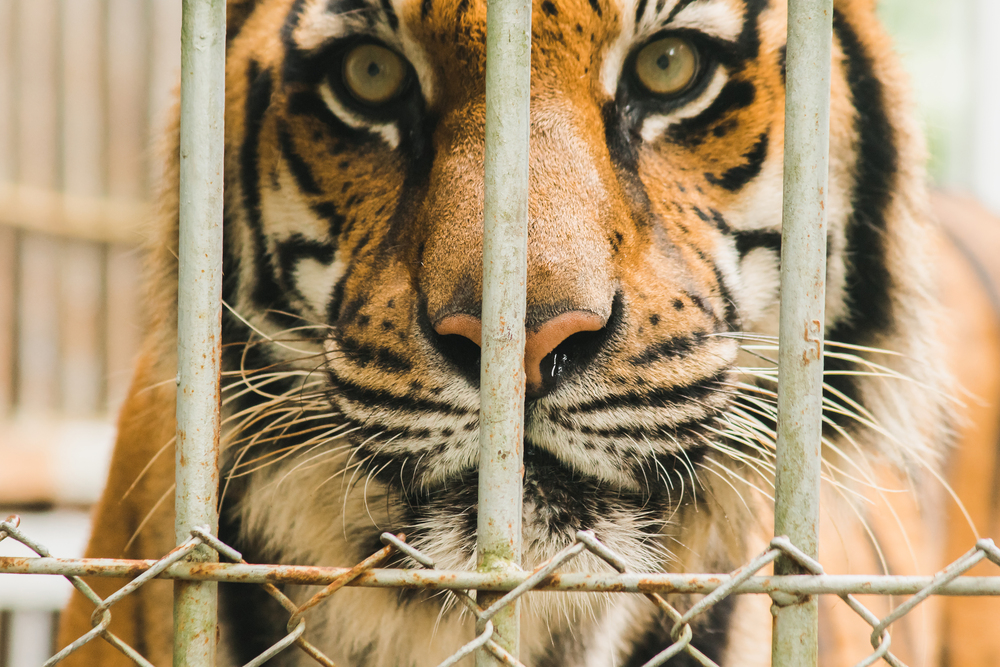
Attempting to mimic animal sounds or provoke reactions from wildlife demonstrates poor judgment and disrespect for nature. Animals deserve to live undisturbed in their natural habitat.
To witness authentic wildlife behavior, observe quietly and respectfully, making your presence as unobtrusive as possible.
Group Behavior

Disregarding group dynamics and safari vehicle etiquette can diminish everyone’s experience. Proper positioning for wildlife viewing and photography requires cooperation.
Consider your fellow travelers’ experiences. A successful safari relies on mutual respect and understanding among all participants.
Like Travel Pug’s content? Follow us on MSN.
Environmental Impact

Leaving trash behind or disturbing the natural environment has lasting negative effects on the ecosystem. Even small pieces of litter can harm wildlife.
Practice ‘leave no trace’ principles throughout your safari. Consider bringing a small bag to collect any litter you might encounter during your game drives.
Time Management

Arriving late to scheduled game drives can result in missed wildlife opportunities and disrupt the group’s experience. Early morning and late afternoon offer prime wildlife viewing hours.
Respect the schedule set by your safari operator. Wildlife activity peaks during specific hours, making punctuality crucial for optimal viewing.
Health Precautions

Neglecting basic health precautions like staying hydrated, using sun protection, or taking necessary medications can quickly turn your safari into an unpleasant experience. The African climate demands attention to personal health.
Take care of yourself throughout the journey. Consider bringing electrolyte supplements to maintain proper hydration in the hot climate.
Like Travel Pug’s content? Follow us on MSN.
Communication Protocol

Using mobile phones loudly or failing to silence electronic devices disrupts everyone’s wilderness experience. Modern technology has its place, but safari time should prioritize natural connection. Keep devices silent and use them discreetly when necessary.
Consider designating specific times for checking messages or making calls during breaks between game drives.
Rest Periods

Skipping designated rest periods between game drives can lead to fatigue and reduced enjoyment of your safari. Safari schedules are designed to balance activity and rest. Honor your body’s need for downtime.
Use these breaks to review photos, journal about your experiences, or simply relax in the peaceful surroundings.
Cultural Sensitivity

Disregarding local customs or failing to show respect for indigenous communities diminishes the cultural aspect of your safari experience. Local communities are integral to conservation efforts. Learn about and respect local traditions.
When offered by your safari lodge or camp, take time to participate in cultural activities.
Like Travel Pug’s content? Follow us on MSN.
Night Safety

Wandering around camp after dark without proper escort puts you at risk in predator-rich environments. Nocturnal wildlife activity makes nighttime potentially dangerous. Always follow camp safety protocols after sunset.
Learn to recognize common wildlife sounds to appreciate the nighttime ecosystem better while staying safe.
Weather Preparation

Ignoring weather forecasts or failing to pack appropriate gear for varying conditions can lead to discomfort or missed opportunities. African weather can be unpredictable.
Be prepared for both hot and cold conditions. Layer your clothing to adapt quickly to temperature changes throughout the day.
Documentation Requirements
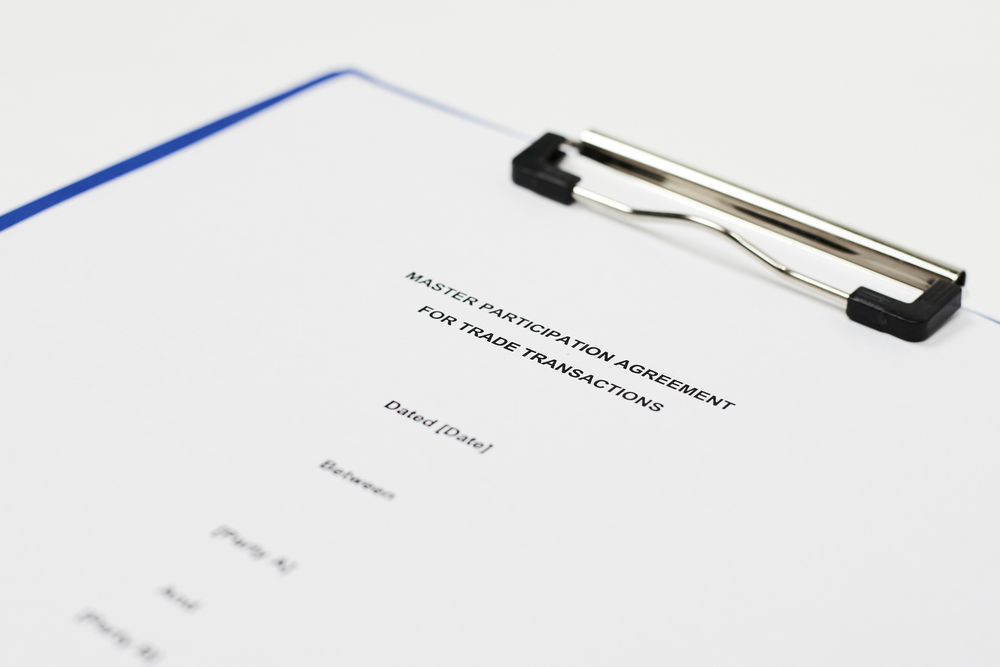
Forgetting necessary permits, passports, or vaccination records can severely disrupt your safari plans. Different wildlife areas have specific entry requirements.
Keep all documentation organized and accessible, and make digital copies of all important documents as a backup measure.
Like Travel Pug’s content? Follow us on MSN.
Safe and Rewarding Safari Adventures Await
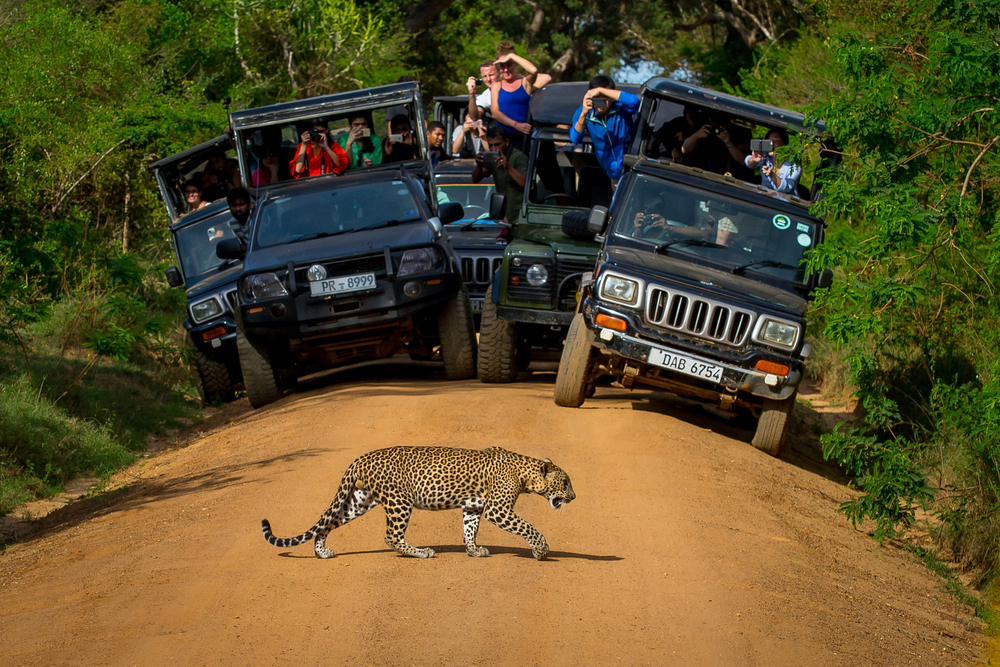
Avoid these common mistakes and maximize your chances of having an incredible safari experience while maintaining safety and showing respect for wildlife. Remember that a successful safari combines adventure with responsibility, creating memories that will last a lifetime while preserving these precious wilderness areas for future generations.
Your thoughtful approach to safari etiquette contributes to conserving these remarkable ecosystems for years.
More from Travel Pug

- 15 Dangerous European Cities to Avoid
- 15 Caribbean Islands Where Tourists Keep Getting Scammed
- The 20 Most Fascinating Abandoned Places: A Journey Through Time and Forgotten Spaces
- 15 Hidden Places in the Smithsonian Museums Locals Love: A Guide to Lesser-Known Treasures
- 16 Hidden Florida Beach Towns That Aren’t Overrun with Tourists
Like Travel Pug’s content? Follow us on MSN.
